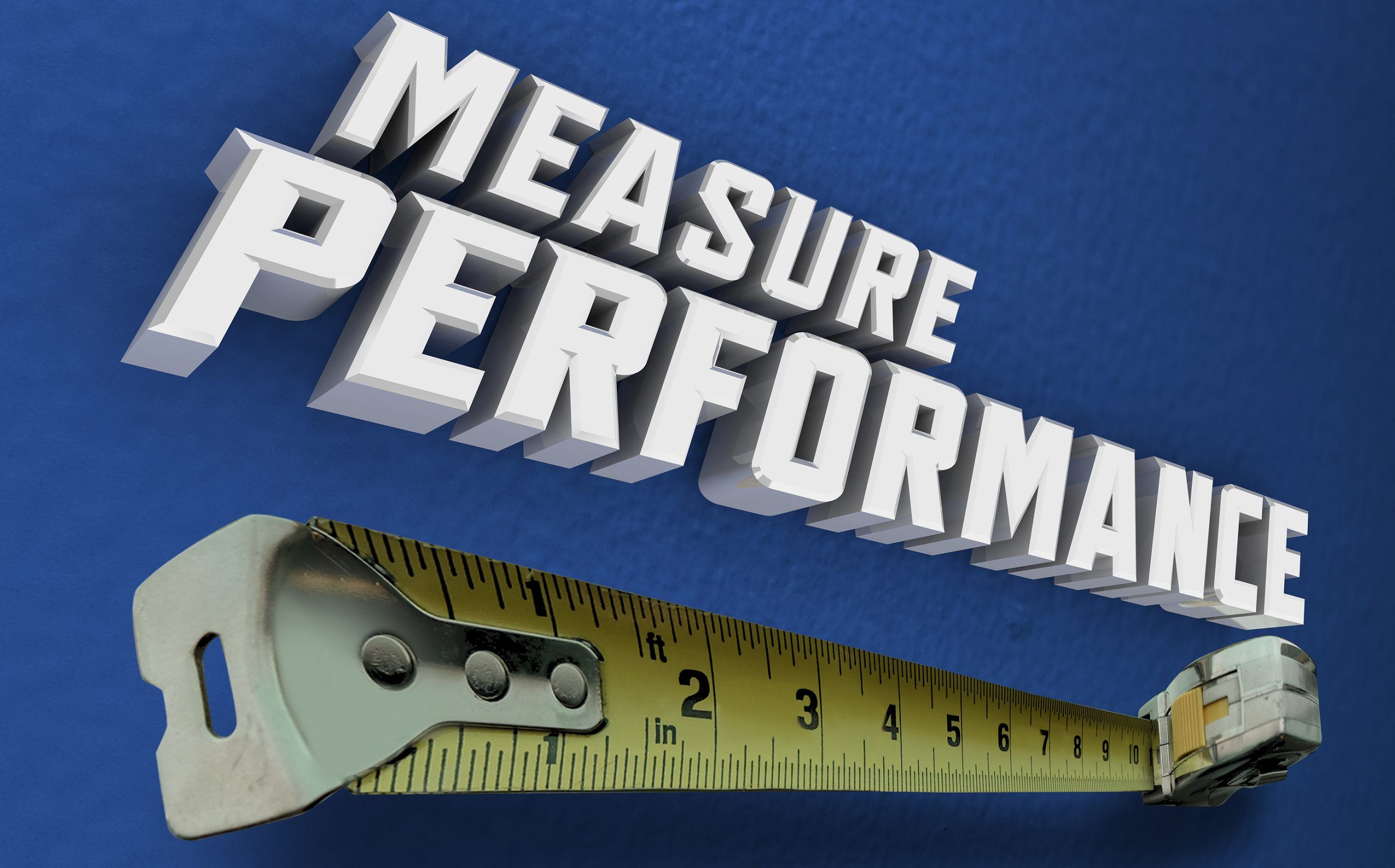
How do we feel about Measures?
MEASURES. Do we love them, like them, or hate them? I would suppose it depends on what’s being measured and who’s doing the measuring.
How do we feel about:
- Measuring our child’s progress in school?
- Measuring our improvement in an individual sport – golf, bowling, tennis?
- Measuring our success at work?
- Measuring our weight, health? etc.
Measures and measurement is a complex topic. At its’ heart, though, is the range of emotions that it elicits. We welcome and use it to improve, we avoid it, we dread it and become defensive, and others.
We can find all these emotions from the same person depending on the topic.
A common phrase we hear is: “What Gets Measured Gets Done”. One of my mentors, Dr. Dean Spitzer, has elevated that to: “What Gets Measured Gets Rewarded”.
Measures come in a wide variety of forms. Many of them can be seen in dichotomies:
- Internal vs. External
- Strategic vs. Tactical/Operational
- Leading vs. Lagging
- Individual vs. Team
- And several others
The Logic Model showcases how measures can be increasingly valuable as one moves to the right from:
Inputs to Processes to Outputs to Outcomes to Impacts
Many organizations do a lot of measurement, but are stuck on tactical and outputs.
We advocate a “suite of measures” that address ALL facets of your organization or business.
There are lots of reasons and articles on why we should measure (organizationally). Leaders need to understand the real benefits of measuring the right things and using the data to improve. They also need to see and believe the consequences of not measuring, measuring the wrong things, not using the data, and/or making the follow up more punitive than developmental.
Measures should be the mirror image of plans and documents that point the path to success. A partial list includes strategic plans, core values, leader performance expectations, etc. Then, you have solid grounding to provide proper feedback.
If you truly want Organizational Excellence, leaders must create a healthy environment for measurement, have the right measures (for you), and use them well.
